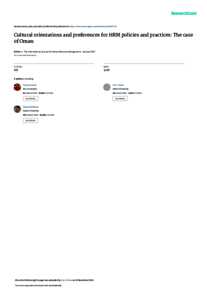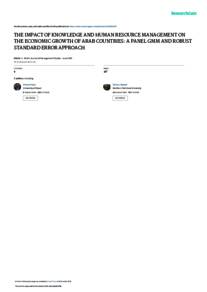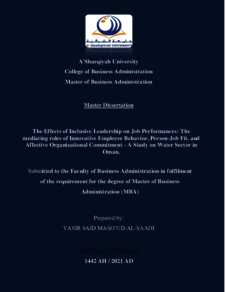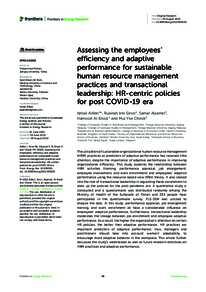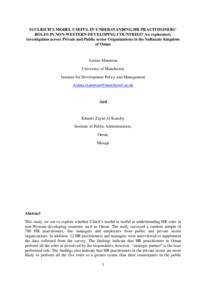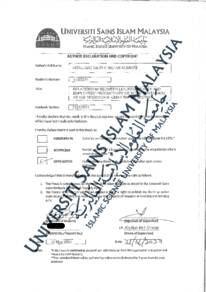وثيقة
Cultural orientations and preferences for HRM policies and practices : the case of Oman.
المعرف
DOI: 10.1080/09585190601068243
المصدر
International Journal of Human Resource Management. V. 18, 1, P. 11-32
المساهمون
الدولة
United Kingdom.
مكان النشر
Oxford.
الناشر
Taylor & Francis.
ميلادي
2007-01-01
اللغة
الأنجليزية
مدى
P. 11-32
الموضوع
الملخص الإنجليزي
This study empirically examines the influence of cultural orientations on employee preferences of human resource management (HRM) policies and practices in Oman. Data were collected from 712 employees working in six large Omani organizations. The findings indicate that there is a number of differences among Omani employees regarding value orientations due especially to age, education and work experience. The findings show a strong orientation towards mastery, harmony, thinking and doing, and a weak orientation towards hierarchy, collectivism, subjugation and human nature-as-evil. The results demonstrate a clear link between value orientations and preferences for particular HRM policies and practices. Group-oriented HRM practices are preferred by those who scored high on collectivism and being orientations, and those who scored low on thinking and doing orientations. Hierarchy-oriented HRM practices are preferred by those scoring high on hierarchy, subjugation and human nature-as-bad orientations, and those scoring low on thinking and mastery orientations. Finally, preference for loose and informal HRM practices was positively associated with being, and negatively associated with thinking, doing and harmony orientations. The theoretical and practical implications of these findings are discussed in detail.
الوصف
International Journal of Human Resource Management
Volume 18, Issue 1, January 2007, Pages 11-32
Volume 18, Issue 1, January 2007, Pages 11-32
ISSN
0958-5192
قالب العنصر
مقالات الدوريات

